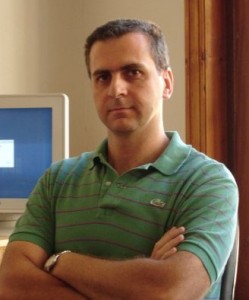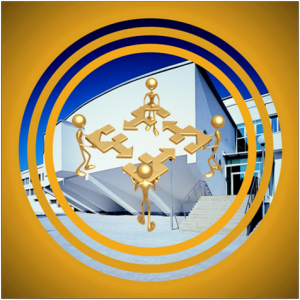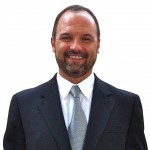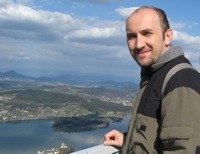 Abstract: Ein komplexes System besteht aus miteinander verbundenen Teilen. Das System als Ganzes zeigt eine oder mehrere emer- gente Eigenschaften, welche nicht einfach aus den Eigenschaf- ten der einzelnen Teile abgeleitet werden können.
Abstract: Ein komplexes System besteht aus miteinander verbundenen Teilen. Das System als Ganzes zeigt eine oder mehrere emer- gente Eigenschaften, welche nicht einfach aus den Eigenschaf- ten der einzelnen Teile abgeleitet werden können.
Das heißt, ein komplexes System verwehrt sich der Vereinfa- chung. Komplexe Systeme sind in vielen Bereichen wie z.B. Phy- sik (Interaktion von Teilchen), Chemie (chem. Reaktionen), Sozio- logie (Interaktion zwischen Menschen), Ökonomie (Vernetzung in der Wirtschaft) und Ökologie (Nahrungsketten) bereits allgegen- wärtig.
Durch die zunehmende Vernetzung von Komponenten in der Technik wird Wissen zu komplexen Systemen auch für die Infor- matik und Informationstechnik zunehmend bedeutender. Dazu ist es notwendig, sich eine neue Art und Weise anzueignen, um Systeme zu betrachten.
Im Rahmen diese einführenden Vortrags soll diese Grundlage an Hand einiger einfache Beispiele vermittelt werden.
Keywords: Komplexe Systeme, Vernetzung, selbstorganisierende Systeme
CV: Wilfried Elmenreich was born in 1973. Currently, he is a senior post- doc researcher at the Mobile Systems Group of the Institute of Net- worked and Embedded Systems at the University of Klagenfurt, Austria. He is also affiliated with the Lakeside Labs, a research cluster investigating self-organizing networked systems. His inter- ests include wireless sensor networks, real-time systems and proto- cols and self-organizing systems. He studied at the Engineering School for Electrotechnics and Control in Weiz, Austria and gradu- ated at the Vienna University of Technology (TU Wien), where he received a Master’s degree in computer science in 1998 and a Ph.D. degree in technical sciences in 2002. From 1999 to 2007, he was a research and teaching staff member at the Institute of Computer Engineering at TU Wien. In 2008, he was granted the habilitation (venia docendi) from the Vienna University of Technology. Wilfried Elmenreich was a visiting researcher at the Vanderbilt Uni- versity in 2005, at the Embedded Systems and Operating Systems group at the Otto-von-Guericke-Universität Magdeburg in 2006 and at the CISTER/IPP-Hurray Research Unit at the Polytechnic Insti- tute of Porto in 2007. He was editor of 4 books and published over 100 papers in the field of networked and embedded systems. He is a Senior Member of IEEE. His Erdös Number is 3. Homepage: http://www.elmenreich.tk

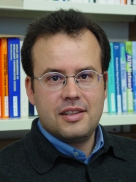
 Abstract:
Abstract: